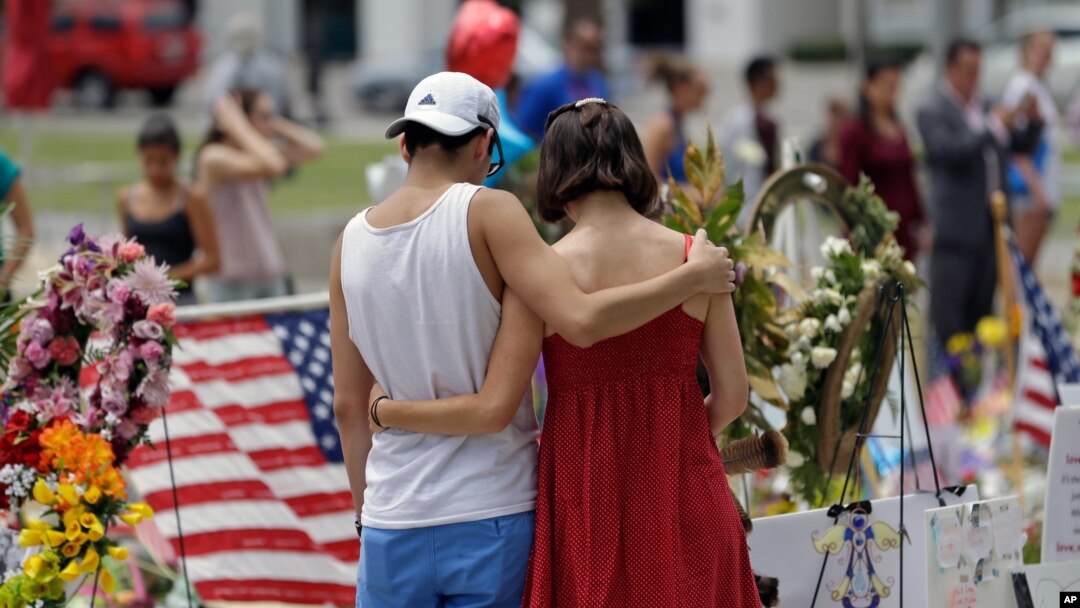No matter their race or ethnicity, most young Americans worry about violence inspired by foreign extremists. But young people of color, especially African-Americans, are at least as fearful of white extremists operating on domestic soil.
That’s among the findings of a new GenForward survey, based on a sample of more than 1,750 people ages 18 to 30. Conducted in July, it found that 62 percent of African-Americans and 55 percent of Latino-Americans expressed concern about white extremists; only a third of whites and Asian-Americans shared that apprehension.
At least half of all three groups said they were very concerned about the threat of violence committed by people in the United States motivated by foreign extremists.
The GenForward poll is conducted by the Black Youth Project at the University of Chicago and the Associated Press-NORC Center for Public Affairs Research.
Violent acts committed by people outside the United States also caused concern. Fifty-six percent of Latino-American respondents said they were very concerned, compared to 49 percent of African-Americans, 40 percent of Asian-Americans and 41 percent of whites.
Privacy concessions
Across racial groups, young Americans agree that some freedoms should be sacrificed in attempts to prevent terrorist acts, the survey found. Eleven percent of respondents said sacrifices are always necessary; 54 percent said they occasionally are needed.
The concern about violence follows several recent mass shootings. Nine African-Americans were shot to death last summer in a historic black church in Charleston, South Carolina, by a white man had talked of starting a race war, officials say. An American gunman of Afghan descent committed the worst mass shooting in modern American history in June when he killed 49 people in a gay night club in Orlando, Florida.
In July, five policemen were killed by an African-American gunman as a protest against police shootings was ending in Dallas, and three law enforcement officers in Baton Rouge, Louisiana, were fatally shot by an African-American man shortly after a black man was killed by police.
Two-thirds of the respondents disagree with Republican presidential nominee Donald Trump's call for a temporary ban on Muslims entering the United States. Sixty-four percent of whites, 66 percent of Latino-Americans and 79 percent of African-Americans and Asian-Americans oppose the ban.


